Community members who believe they have been harmed by the World Bank not complying with its policies and procedures in development projects that it funds can express their concerns through the World Bank Inspection Panel, according to Panel Member Ramanie Kunanayagam.
Ms. Kunanayagam, a Sri Lankan-born Australian native, spoke at an October 15 workshop for civil society representatives co-sponsored by the Inspection Panel and Environmental Foundation Limited (EFL) at the Mövenpick Hotel Colombo. The workshop – titled “Independent Accountability Mechanisms (IAMs) at International Financial Institutions (IFIs)” – was attended by more than 30 civil society participants who represented a mix of environmental, social, law and justice, and women’s associations from both Colombo and other parts of the country.
The Inspection Panel was created by the World Bank Board of Executive Directors in 1993 as the first IAM at an IFI. It is an impartial fact-finding body, independent from the World Bank management and staff, reporting directly to the Board. The Panel process aims to promote accountability at the World Bank, give affected people a greater voice in activities supported by the World Bank that affect their rights and interests, and foster redress when warranted. Today, more than 20 IAMs operate at IFIs worldwide.
Ms. Kunanayagam spoke generally about the work that they do and then more specifically about the Panel’s mandate and operations. EFL Director Shehara de Silva discussed the “core principles of citizen-driven accountability.” EFL Director Manori Gunawardena presented on the positive outcome achieved as a result of CSO involvement in an IFI-funded project in Colombo.
The presenters and EFL Director Ananda Lal Nanayakkara took part in a question-and-answer period at the end of the workshop. Participants raised a number of concerns, including the lack of transparency around who is funding a particular development project (especially when there are multiple funders), and the challenges communities face in gathering information on a particular project in order to bring a complaint to an IAM.
The workshop is one of several the Panel takes part in around the globe each year in an effort to ensure that project-affected communities know it exists as an avenue of recourse if needed.
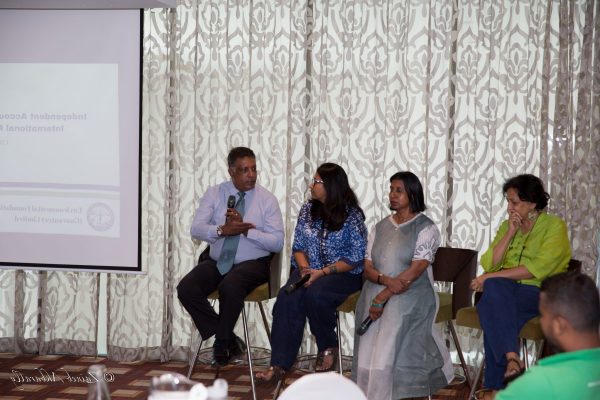
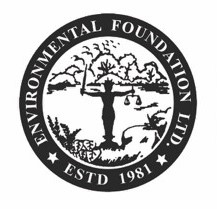
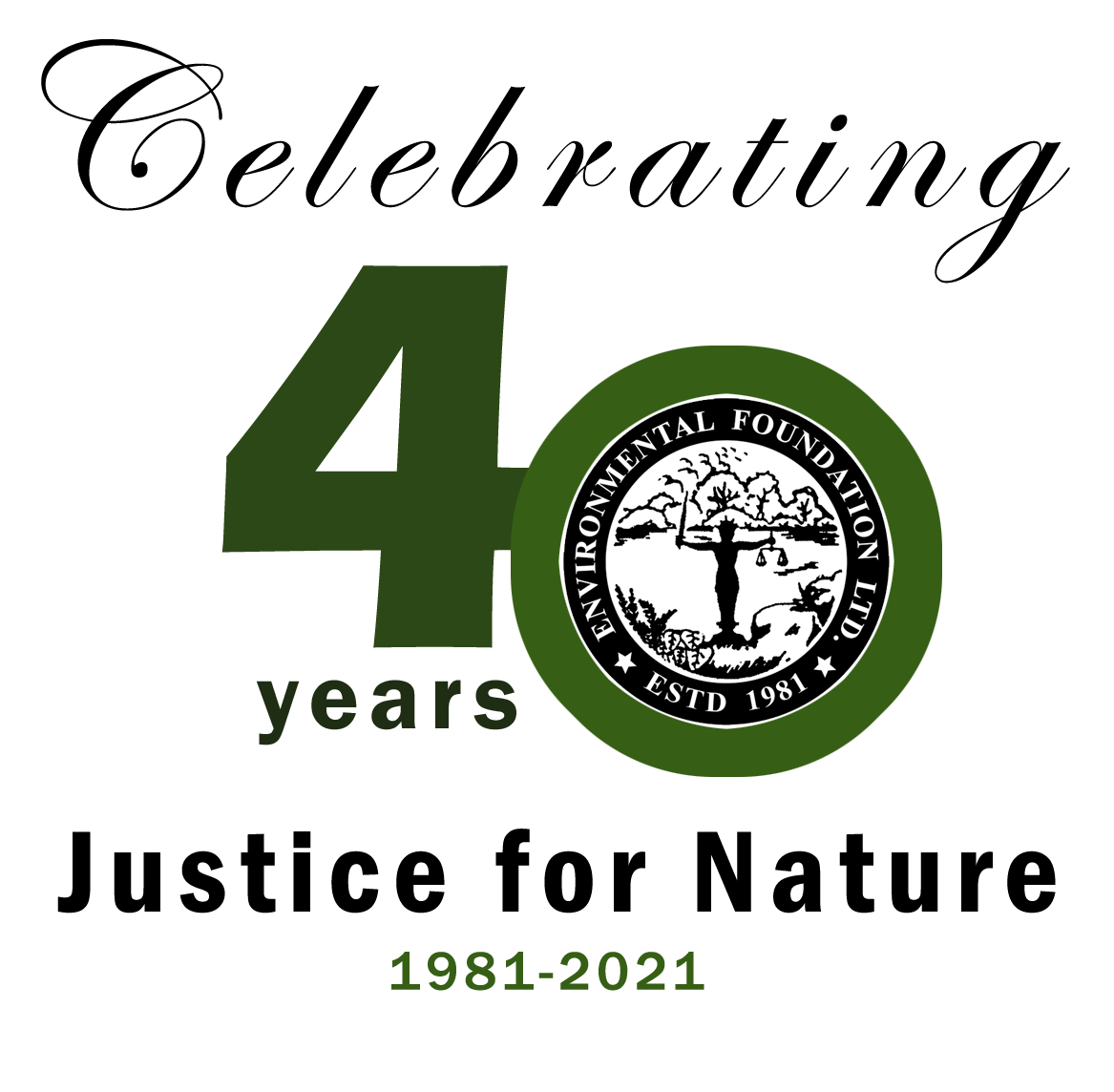
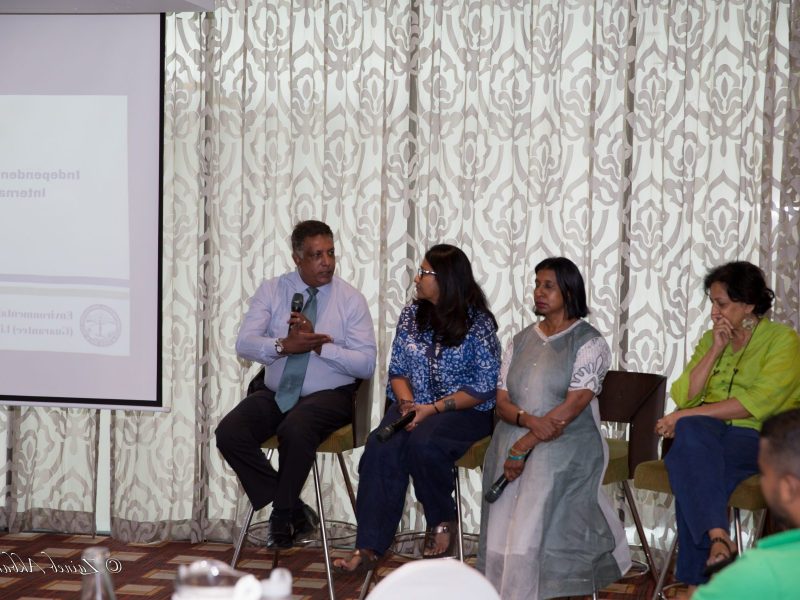
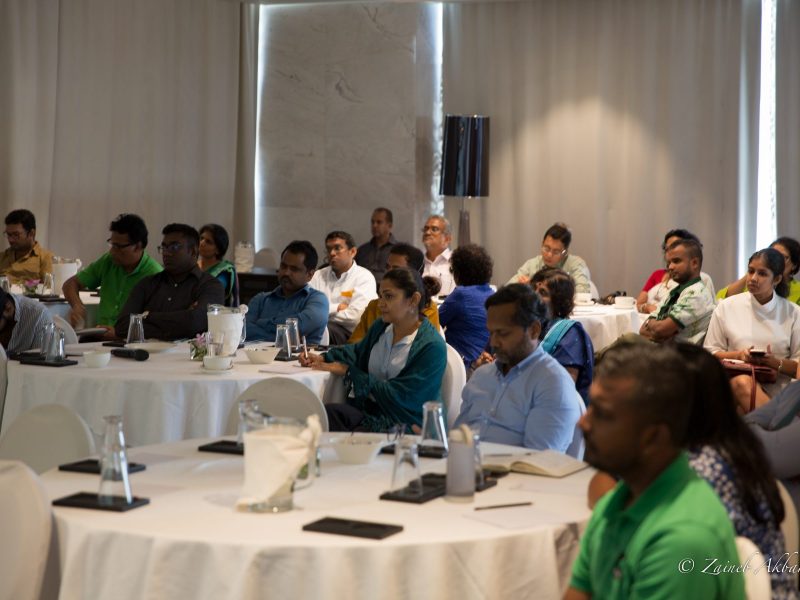
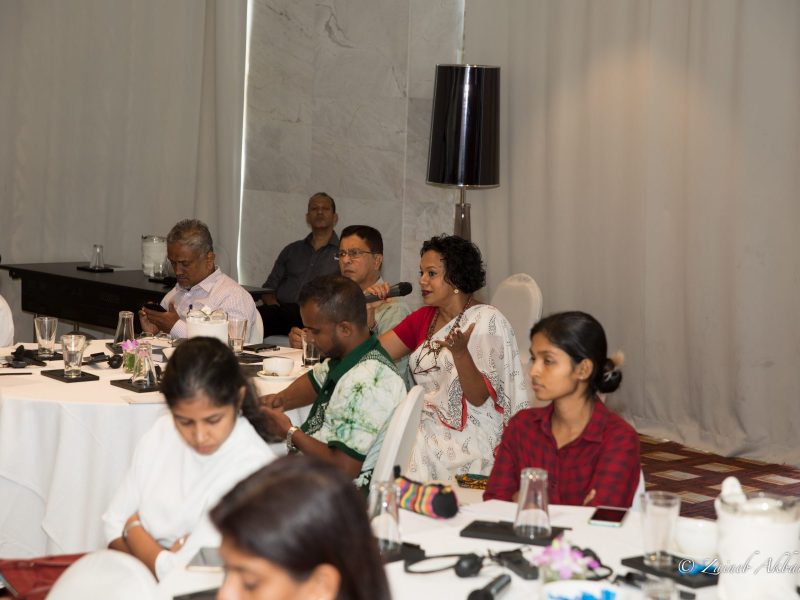
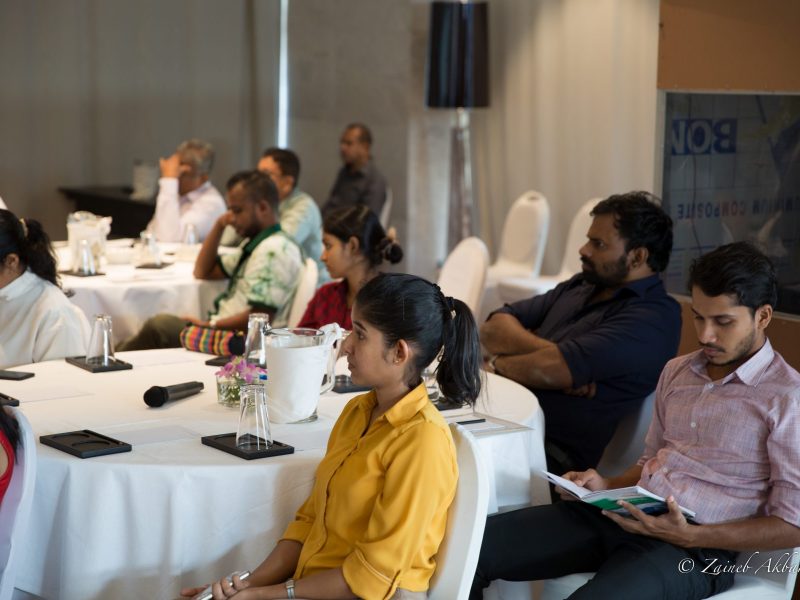
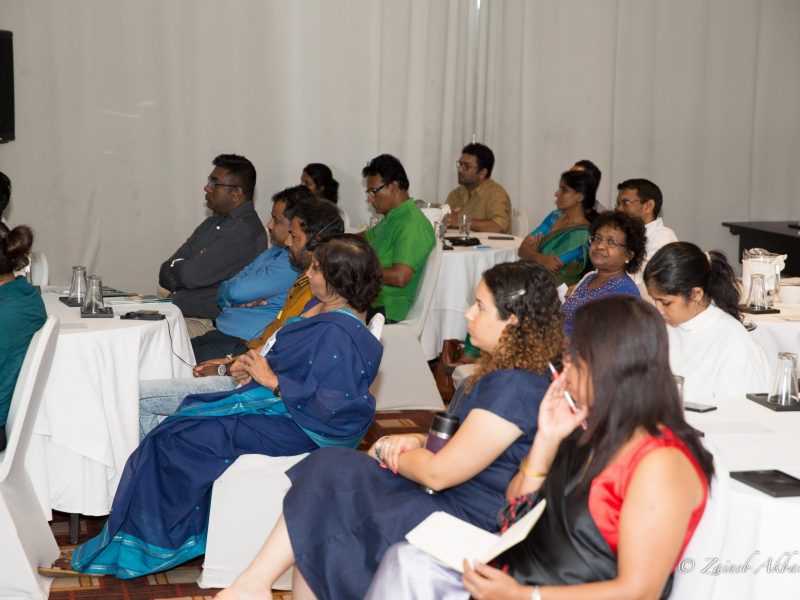
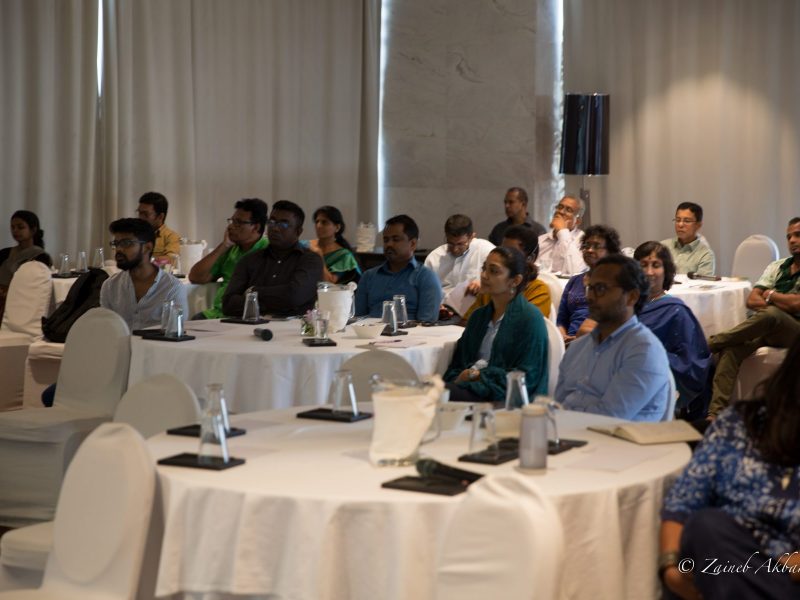

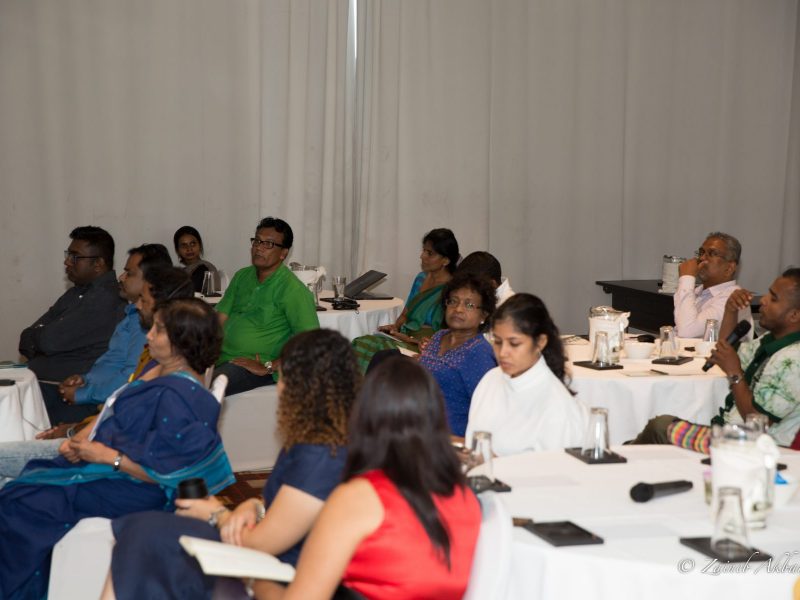
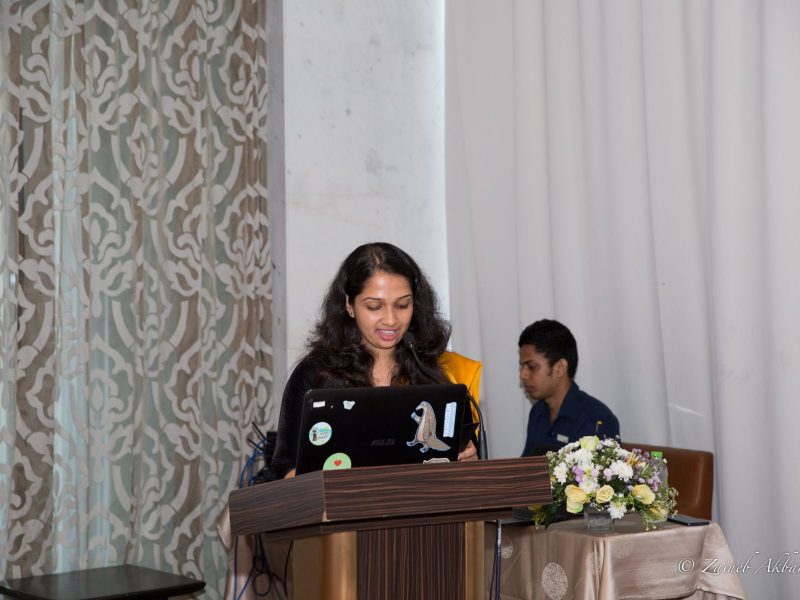
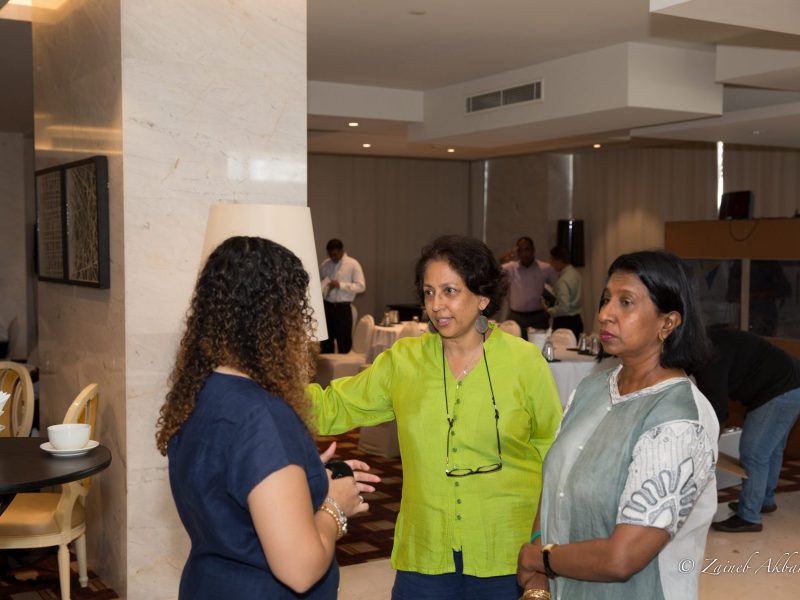
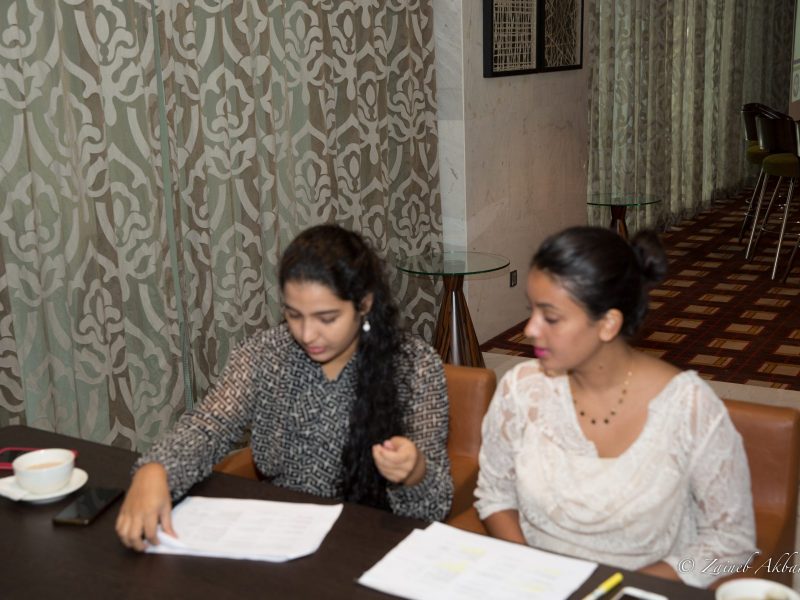
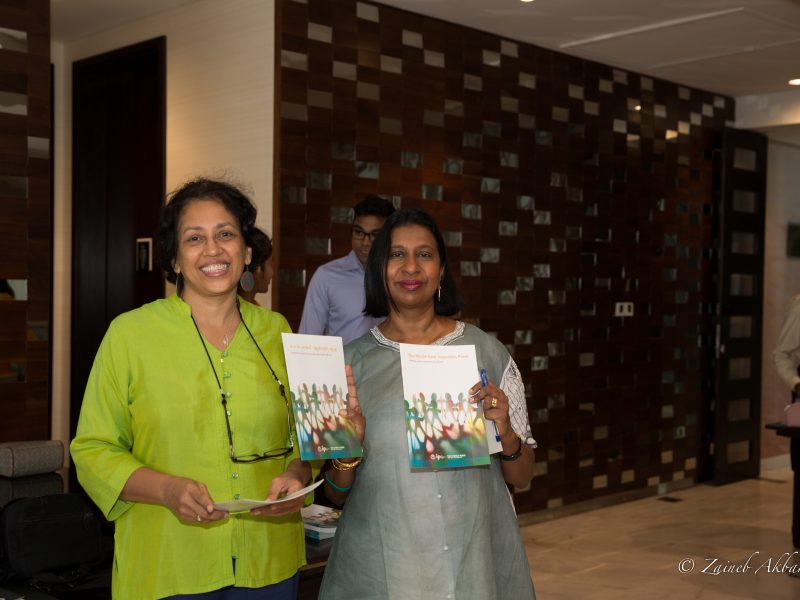
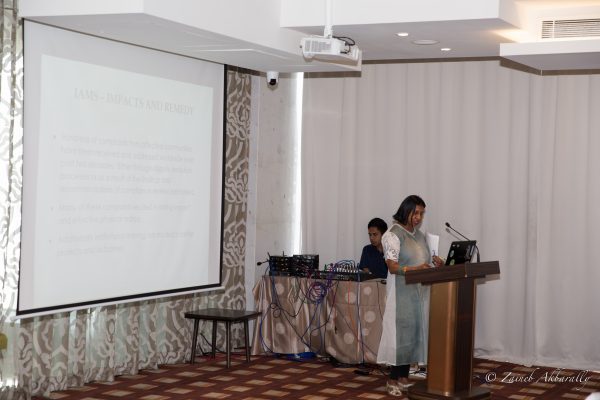
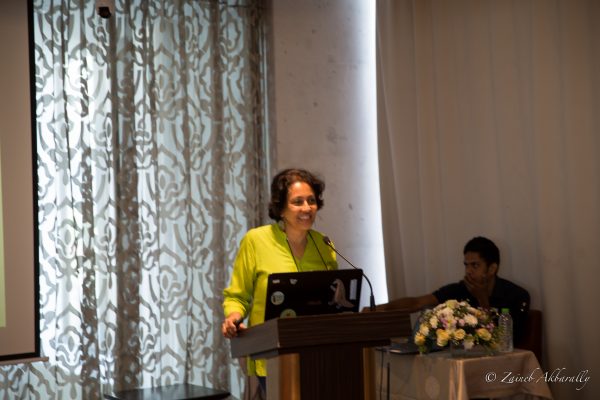
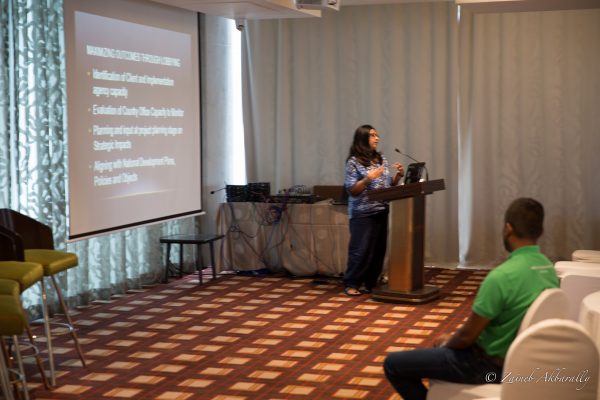


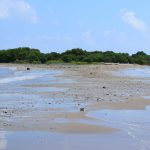

No comments yet.